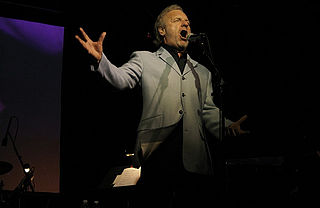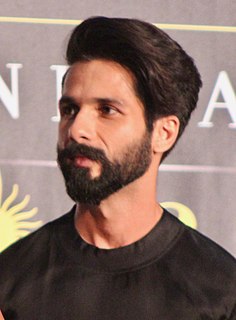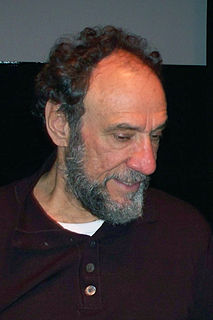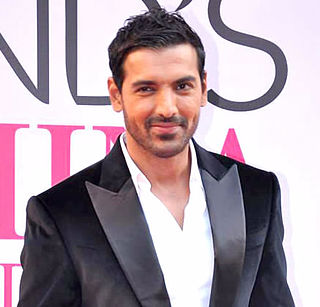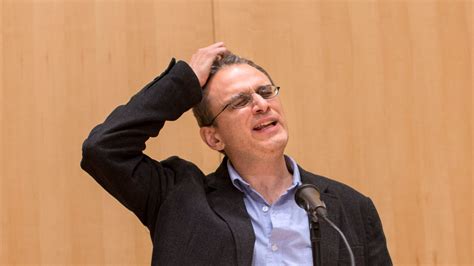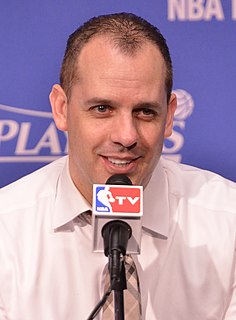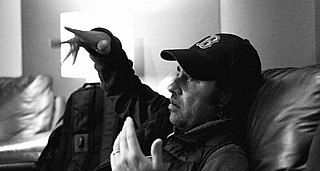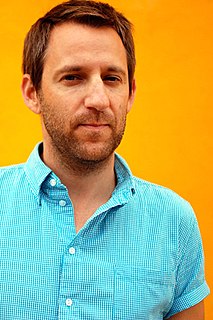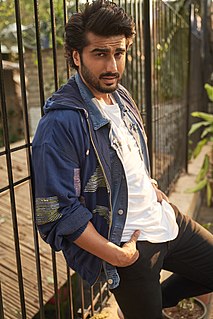A Quote by Justin Chadwick
My job is to create a film, where we are capturing truth in performances.
Related Quotes
The way I see the job, my definition of it, is to create characters to the best of your ability and then fit into what's trying to be accomplished in the general framework of the film. I think that's whether you're doing this- even if you're doing musical theater. That's what I think an actors job is. I don't know. I like to think what an actors job is is to create characters.
I'd like to drill in a little more detail into one aspect of cutting which is particularly close to me and that's dialogue editing. It is a vital part of editing especially in animated film, but in the end it is usually completely transparent to the audience. The vocal performances are reported for over several years and the actors are very rarely in recording studios together. That's why the editor has got to all these different performances and edit them together to create the illusion of spontaneity and real action.
The film room teaches you how to do the job, how to study the game, how to teach the game from film. How to create an advantage for your team by knowing your opponent, and all their plays and tendencies. And there's no better guy in the world that I've been around than Jim O'Brien at breaking down film.


